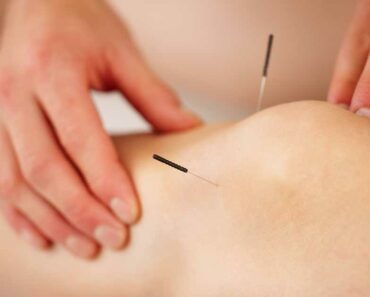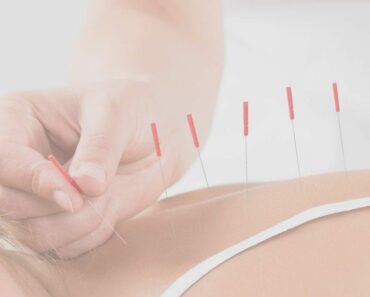Acupuncture for Anxiety: Understanding the Benefits and Side Effects
Introduction
Anxiety is a prevalent mental health issue, affecting millions globally. Acupuncture presents a promising alternative to conventional treatments, offering relief without the dependency risks associated with medication. This article explores how acupuncture can be utilized to manage anxiety, highlighting both its efficacy and its side effects.
What is Acupuncture?
Historical Background
Acupuncture originated in China over 2,500 years ago and is a key component of traditional Chinese medicine. The practice involves the insertion of needles into the body’s meridian points to stimulate the body’s healing energies and restore balance.
Principles of Acupuncture
Acupuncture is based on the belief that health is governed by the flow of qi (energy) throughout the body. Disruptions to this flow are thought to cause disease and discomfort, including anxiety.
Understanding Anxiety
Symptoms of Anxiety
Anxiety manifests in many forms, including panic attacks, persistent worry, and physical symptoms like sweating and palpitations.
Causes of Anxiety
While the exact cause is often complex and multifactorial, it typically involves a combination of genetic, environmental, and psychological factors.
How Acupuncture Treats Anxiety
The Role of Acupuncture Points
Acupuncture points for anxiety are often located on the arms, legs, and torso. These points are strategically chosen to relieve stress and promote relaxation.
The Science Behind Acupuncture and Anxiety
Research suggests that acupuncture can modulate the brain’s mood centers, influencing neurotransmitter levels and reducing inflammation.
Benefits of Acupuncture for Anxiety
Immediate Relief
Many patients report a sense of calm and relaxation immediately following acupuncture sessions.
Long-Term Benefits
Regular sessions can contribute to a sustained decrease in overall anxiety levels.
Common Side Effects of Acupuncture
Minor Bleeding or Bruising
The most common side effects include minor bleeding or bruising at the needle sites.
Soreness at Needle Sites
Some individuals may experience temporary soreness where the needles were inserted.
Rare Complications
In rare cases, more severe side effects such as infections or nerve damage can occur.
Psychological Effects
Placebo Effect
The belief in acupuncture’s effectiveness can enhance its actual impact on anxiety.
Emotional Release during Sessions
Patients often experience an emotional release during acupuncture, which can be part of the healing process.
Comparing Acupuncture with Other Anxiety Treatments
Medication vs. Acupuncture
Unlike medication, acupuncture addresses both physical and psychological aspects of anxiety without the risk of addiction.
Cognitive Behavioral Therapy (CBT) and Acupuncture
CBT combined with acupuncture may provide synergistic effects, improving treatment outcomes.
How to Prepare for an Acupuncture Session
Choosing the Right Practitioner
It’s crucial to select a licensed practitioner who has experience treating anxiety with acupuncture.
What to Expect in Your First Session
Initial sessions typically involve a detailed health assessment and a shorter acupuncture treatment to gauge your response.
Patient Testimonials
Success Stories
Many individuals have reported significant reductions in their anxiety levels as a result of acupuncture.
Challenges and Limitations
However, some note minimal effects, highlighting the variability in response to this treatment.
Conclusion
Acupuncture offers a viable alternative for those seeking a natural and holistic approach to managing anxiety. By understanding both the potential benefits and the side effects, individuals can make informed decisions about incorporating acupuncture into their mental health regimen.


